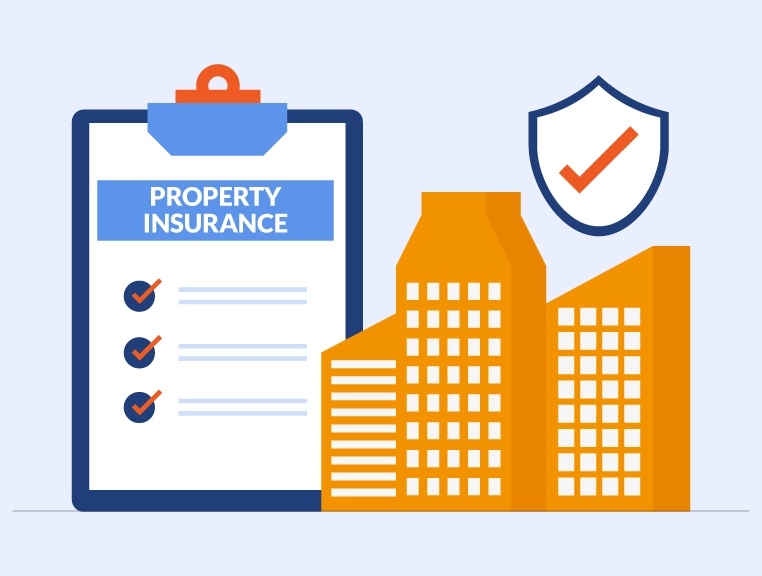An engineering all-risk insurance policy covers the loss arising out of the erection and installation of machinery, plant, and steel structures. It protects coverage against physical damage to the contract works, equipment, and machinery. This policy also covers the liability for third-party bodily injury or property damage. Indemnity in general means the security against a loss. It helps the insured to recover a sum of money as compensation. So let’s understand the basis of indemnity in Engineering all-risk insurance.
In the case of engineering all-risk insurance policy the basis of indemnity is as follows:
- Temporary damage to the insured item or machinery
- Permanent damage to the insured item or machinery
Temporary damage to the insured item or machinery:
If the insured item is damaged and can be repaired, the insurance company pays the necessary expenses to restore the damaged machine to its original condition before the damage or the accident took place. The insurers also pay the additional cost of dismantling or re-erection during the repair process. Expenses incurred in the freight to the repair shop are also included, provided that such expenses are included in the sum insured. If the insured repairs the machinery at his own workshop, the insurers will pay him the cost of materials and wages incurred for the repairs. Depreciation does not deduct for items or machinery except when they fall in the limited life category. In such a case, can take their salvage value into consideration.
Read More: What is covered under Engineering All-Risk Insurance?
Permanent damage to the insured item or machinery:
When the insured item or machinery is totally damaged and cannot be repaired further, the insurers pay the actual value of the item immediately before it was damaged. It also covers the costs for freight, erection, and customs duties if included expenses in the sum insured. Properly calculating the actual value of the machinery considering the depreciation value. The insurers also pay the charges required for dismantling the machinery, provided that the salvage value, taking into account.
If any additional costs agree upon and included in the policy, they can also cover in the engineering all-risk insurance policy. Such costs may include:
- Overtime charges
- Night-work charges
- Charges for working on public holiday
- Express freight charges
The insurance company will cover provisional repairs if such expenses form a part of the final repair and do not increase the total cost. The policy generally does not cover the following costs:
- Cost of alteration
- The cost of improvements
- Cost of overhauls
Case Study:
A construction company was in the development business for the last decade. The company was into the construction of residential as well as commercial properties. In 2012, it got a huge project for building a residential complex. The estimated duration for the project completion was 4 years.
Read More: How to file a claim under Engineering All Risk Insurance?
The owners of the company started with the construction work. Four months had passed since the initiation of the project and two of the ‘Compactors’ stopped working.
The construction company had purchased an engineering all-risk insurance policy from a well know insurance company. The insurance company sent the surveyors to the site to identify the basis of indemnity.
Upon investigation, the surveyors found that the ‘Compactors’ were not totally damaged. They could repair and restore their sound function. Thus, the insurance company based the indemnity for the damaged ‘Compactors’ stating that they suffered temporary damage and can restore it.
The insurers paid the following expenses to the construction company and settled the claim:
- Expenses required to restore the damage
- Expenses incurred in the freight of the damaged ‘Compactors’ to the repair workshop
About The Author
Shivani
MBA Insurance and Risk
She has a passion for property insurance and a wealth of experience in the field, Shivani has been a valuable contributor to SecureNow for the past six years. As a seasoned writer, they specialize in crafting insightful articles and engaging blogs that educate and inform readers about the intricacies of property insurance. She brings a unique blend of expertise and practical knowledge to their writing, drawing from her extensive background in the insurance industry. Having worked in various capacities within the sector, she deeply understands the challenges and opportunities facing property owners and insurers alike.




